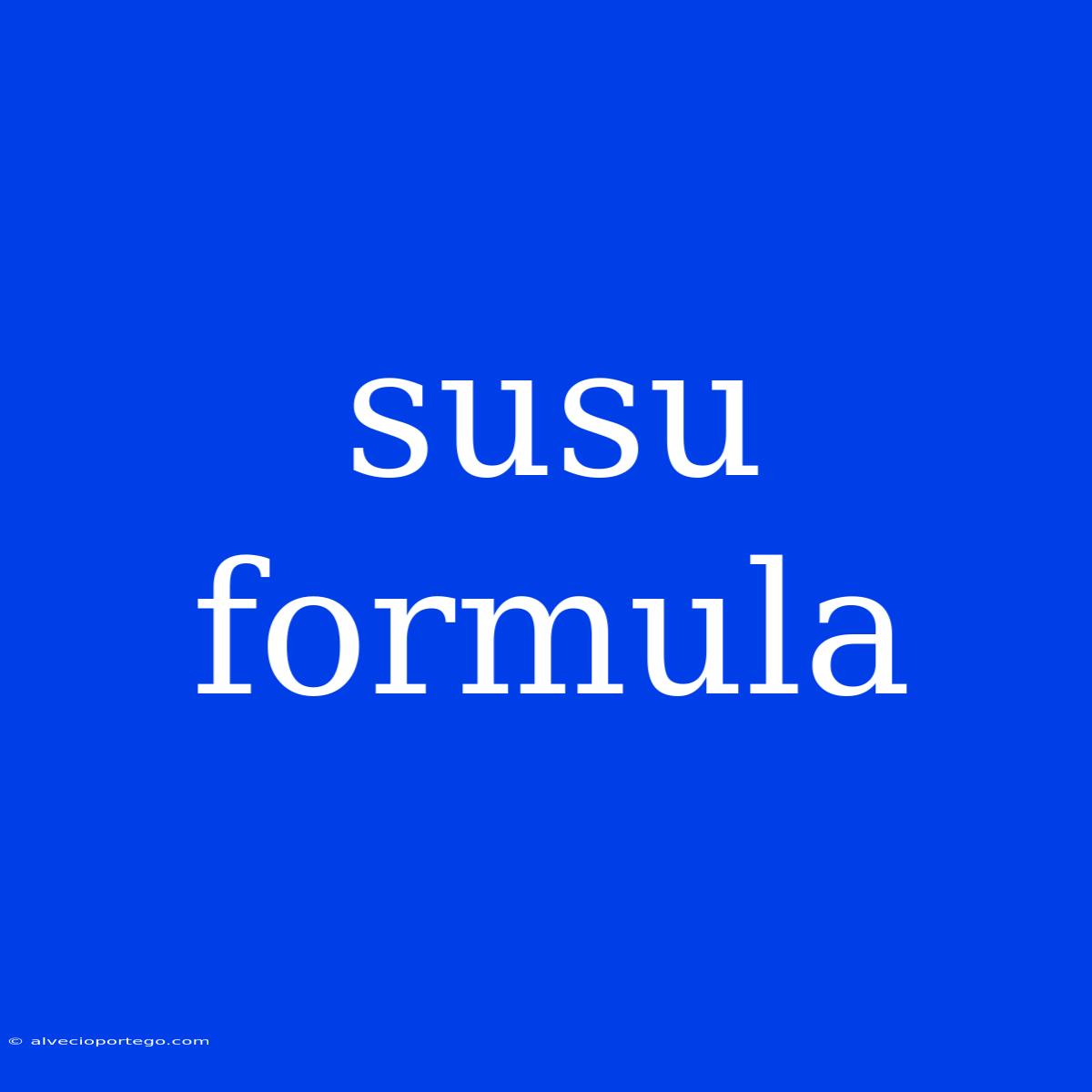Formula Milk: A Guide for Parents
Formula milk is a popular alternative to breast milk for feeding infants. It is a manufactured product that provides essential nutrients for baby's growth and development. While breast milk is considered the ideal food for babies, formula milk can be a safe and healthy option when breast milk is not available or insufficient.
Types of Formula Milk
There are several types of formula milk available, each tailored to meet specific needs:
- Standard Formula: This is the most common type of formula and is suitable for healthy babies. It is typically based on cow's milk protein, but some formulas are made with soy protein or a combination of proteins.
- Hypoallergenic Formula: This type of formula is designed for babies with allergies to cow's milk protein. It typically uses hydrolyzed protein, which is broken down into smaller molecules that are easier to digest.
- Premature Infant Formula: Premature babies need a higher concentration of nutrients, and this formula is specially designed to meet their needs.
- Specialty Formula: These formulas are designed for babies with specific health conditions, such as lactose intolerance, reflux, or constipation.
Choosing the Right Formula
Choosing the right formula for your baby can be overwhelming. Here are some factors to consider:
- Your baby's age: Formula is available in different stages based on your baby's age.
- Your baby's health needs: If your baby has any allergies or health conditions, you will need to choose a formula that is specifically designed for their needs.
- Your personal preferences: Some parents prefer organic formulas or formulas with specific ingredients.
How to Prepare Formula
Always follow the instructions on the formula packaging carefully. Here are some general guidelines:
- Wash your hands and sterilize all equipment: This includes bottles, nipples, and the formula scoop.
- Use fresh, clean water: Tap water is usually safe, but you may want to boil it first to kill bacteria.
- Measure the formula carefully: Too much formula can lead to dehydration, while too little formula can not provide enough nutrients.
- Shake the bottle well: This will help to dissolve the formula powder and ensure it is properly mixed.
- Test the temperature: The formula should be lukewarm, not hot.
Risks and Benefits
Formula milk is a safe and nutritious option for feeding babies. However, there are some potential risks to be aware of:
- Allergies: Some babies may be allergic to cow's milk protein or other ingredients in formula.
- Gastrointestinal problems: Formula can sometimes cause constipation or diarrhea.
- Increased risk of infections: Formula-fed babies may have a slightly increased risk of certain infections, such as ear infections and respiratory infections.
Conclusion
Formula milk can be a healthy and convenient way to feed your baby. It is important to choose the right formula for your baby's needs and to follow the instructions carefully. If you have any questions or concerns about formula feeding, talk to your pediatrician.
Disclaimer: This article is intended for informational purposes only and should not be considered as medical advice. Please consult with a healthcare professional for any questions or concerns regarding your baby's health.

